Last month, we published our annual list of the best rappers in their 20s. One common critique is how we define “best” and “rappers.”
Our list is meant as a temperature check on the game—spotlighting the artists making the biggest impact right now. That means we try to quantify technical ability, yes, but also other aspects like momentum and the overall quality of their music.
Some argue that “best rappers” should really mean the best lyricists—a definition our list probably reflected better 20 years ago. But times have changed. As hip-hop enters its elder years, the genre itself has evolved. One of the biggest shifts is in the act of rhyming. There was a time when lyrics—clever wordplay, sharp punchlines, intricate storytelling, a deeper message in their music—were central to rap, even in the mainstream. Today, other qualities—presence and star power—often matter more.
Part of this reflects fan preferences, but another factor is how rappers record now: punching in verses rather than writing them on paper, which encourages a more off-the-cuff style and changes what artists prioritize.
Within mainstream rap, it can be hard to find artists who prioritize lyrics. Still, some continue to do so, carving out space even in a commercial landscape. They may be fewer, but they exist—and more often than not, they come from regional scenes, whether it be New York, Detroit, Atlanta, or the DMV.
We wanted to highlight some of these artists. For this list, we focused on rappers 25 and under who already have momentum, making an effort to branch beyond the strictly boom-bap lane. We also stayed away from figures like Baby Keem and YoungBoy Never Broke Again, who are dead nice but are all established entities.
If you came here for bars, you’re in the right place. Here are 10 young rappers proving lyricism still matters.
Lyrical comps: Scarface, Starlito
Let’s start with the fact that Nino Paid is a storyteller. Over the past couple of years, he’s emerged as one of rap’s most vivid and versatile narrators. Modern-day rappers who focus on storytelling like the late King Von and Tee Grizzley often focus on tales of crime, but what sets Nino apart is the way his stories, while rooted in the streets, zero in on the emotional effects of surviving that environment. He’s lived it—been in and out of foster care—and his music reflects that.
The results are remarkable. “Dear Mama” explores his complicated relationship with his mother; “Tomorrow Will Be Better” is one his rosier tracks, where he reflects on his rise and what it took to get there; and “Joey’s Story” is a rap song of the year candidate, detailing the suicide of a close friend.
Even more impressive, he comes from the DMV’s frantic, gutter freecar scene, a space full of talented spitters—like SlimeGetEm, Skino, and Jaeychino. Yet Nino is the best from that scene, partially because he tones down some of that frenetic energy. And he continues to grow. “Months” features him taking his lyrical tendencies to country. —Dimas Sanfiorenzo
Lyrical comps: Def Loaf, Katie Got Bandz
Though just 17 years old, Chicago rapper Star Bandz is quickly asserting herself as next up in the line of great Windy City storytellers. Inked to the recently-revived Priority Records, Star has spent the first few years of her career eschewing sugary hooks and TikTok-able moments for hard-hitting dispatches from her life as a preternaturally gifted songwriter.
Musically, she prefers the rumbling bass and bleary-eyed synths of Chicago’s drill scene, though has also shown an ability to spit over more impressionistic compositions, like on her breakout “Yea Yea”where she raps over a flurry of piano notes—matching the pace of the performance with a breathless assault of quotable bars and lines that give the listener a genuine idea of what kind of person she is.
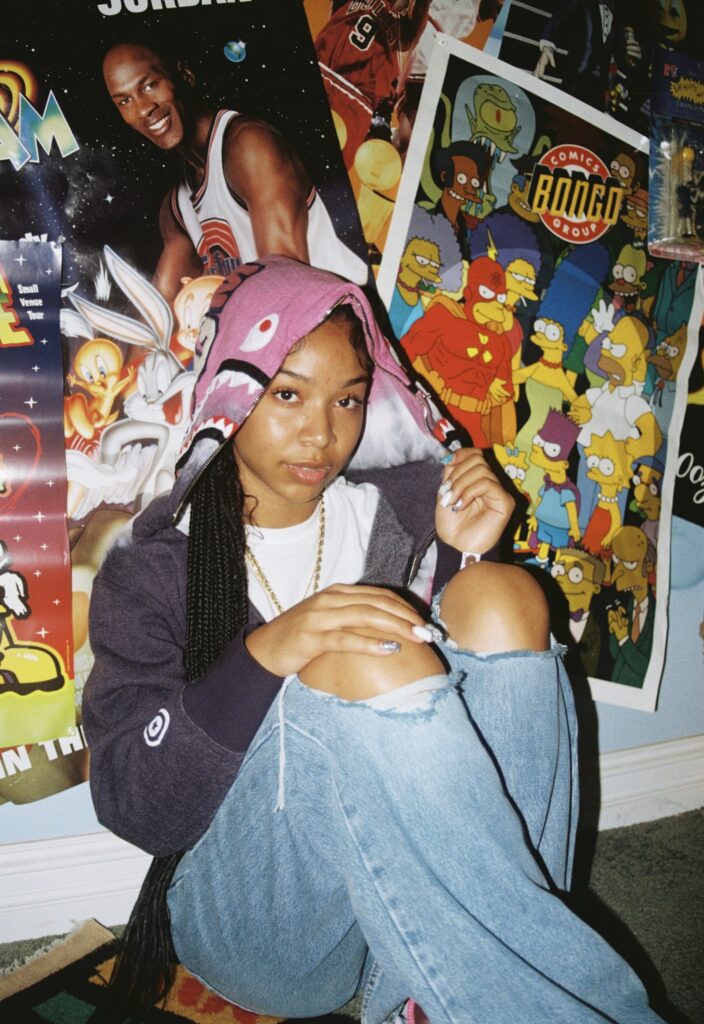
Despite being multiple years away from legal drinking age, Star Bandz refuses any acts to treat her differently because she’s a kid. As she raps on “Yea Yea,”: “I ain’t got no kids, but on my kids/ Stop playin’ with me.” —Will Schube
Lyrical comps: Dave, Frank Ocean
In 2025, you can measure how tapped in your friends are by name-dropping Jim Legxacy. The British rapper has become an indie sensation this year, due to the brilliance of his XL Recordings debut, black british music.
It features the DIY craftsmanship of his earlier work, like 2023’s homeless n*gga pop music, but is cleaned up around the edges and ready for the big stage. What makes Legxacy so enticing as a rapper is the way he treats his vocals and his instrumentation as equally powerful assets. There’s no dividing line between the beat and the rhymes, they work together. The strongest example of this within Legxacy’s discography is on “father,” which takes a pitched-up sample of the word “father” and features Jim incorporating the drop into his bars.
Rather than a bleak rumination on what his life has been without a dad, Legxacy flips the concept on its head, using his upbringing to connect to a girl he’s got his sights on.
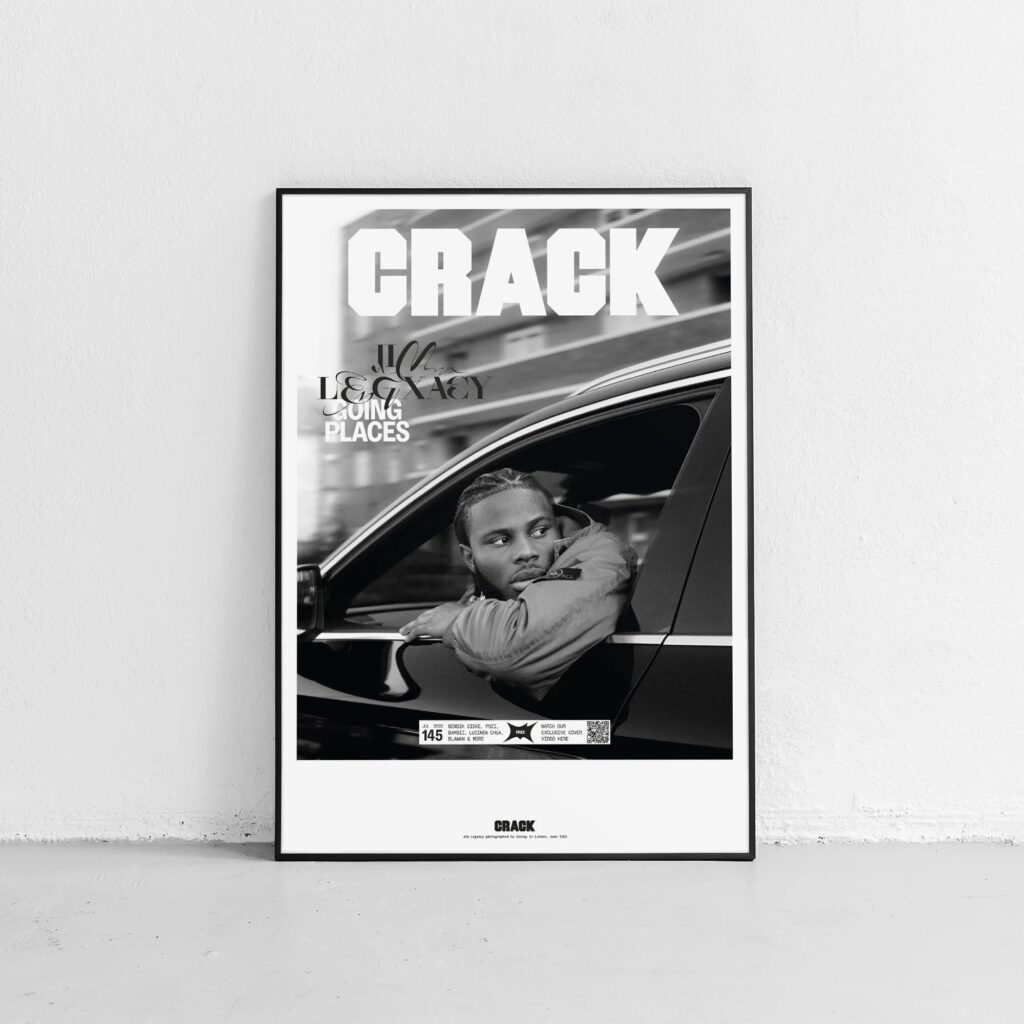
Jim’s narrative skill gives the track its story arc, like how he begins by mentioning that though he was broke, he was never a ‘miskeen,’ which evolves to encompass the subject of the song: “Had no dad, but I never was a miskeen.” —Will Schube
Lyrical comps: Mozzy, Lil Durk
No young rapper has blitzed the game quite like Stockton, California’s EBK Jaaybo. As hip-hop has become the most dominant force in pop music, street rap has at the same time been increasingly marginalized. Yet Jaaybo, who raps with a fiery delivery and detached, matter-of-fact writing style, has legitimately emerged as one of the most popular new rappers, despite making music that’s intense and often blurs uncomfortably close with reality.
As a technician, bro is a beast. His strength lies in his tenacity and in the way he fuses local slang—donky, brother, gblock—with a frightening level of detail, often weaving stories about real people, blocks, and legal scenarios. “Boogeyman”—where he raps proudly without a hook—was his breakout. But I’d argue it’s not even strongest lyrical performance. He goes off on the steel drum–driven “The Biggest G (First Day Out)” and the epic “Stand Over Music,” which can soundtrack a 300 movie.
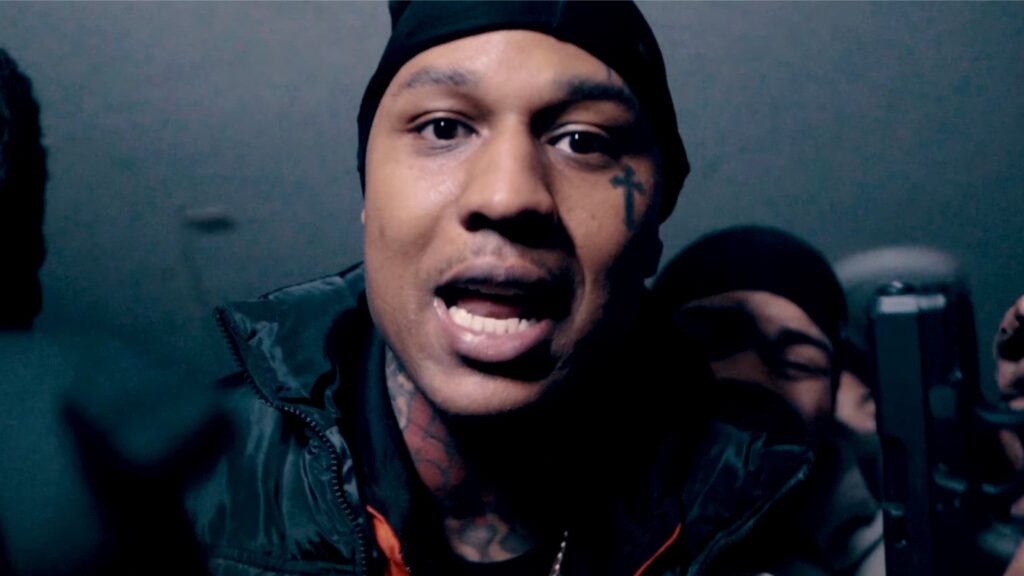
Of course, Jaaybo comes with complications. His online reputation precedes him, and songs like “F*ck Everybody,” while frankly excellent, push into uncomfortable territory. Still, in many ways, street rap is leading the pack for lyricism—and few are as sharp as Jaaybo. —Dimas Sanfiorenzo
Lyrical comps: Denzel Curry, Lupe Fiasco
I don’t know what it is about rappers that have a predilection for skateboarding, but for some reason they all know how to really spit. There’s Lupe Fiasco, of course, but DMV county upstart redveil is enchanted by kick flips and ollies, too. OK, small sample size, but still. Is it a coincidence that two of the game’s sharpest lyricists both spit about skateboarding on their biggest hits?
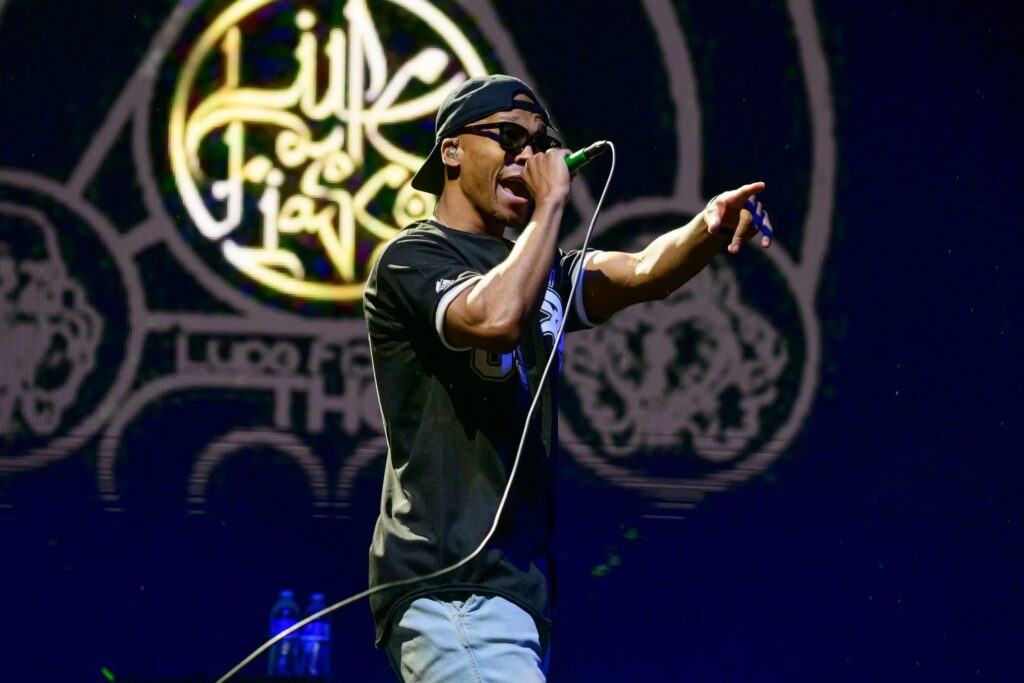
For veil, that’s “pg baby,” a standout cut from his breakthrough LP, 2022’s learn 2 swim. On the track, he raps: “Keep them trucks up on the railing just a little bit longer/ Landing make you stronger/ Skin to skin with everything I pondered/ So we don’t take dishonor for that.” The way he flips that fairly pedestrian concept into a musing on the effort it takes to succeed is what rap is all about. Later on, he adds: “All my brothers climbing, we repellent to the bottom/ Every second spent to never have another autumn.” Autumns are a thing of the past for redveil. Falls, too. If you’re not too familiar now is a good time: he has been cooking up. He’s getting ready to release a new song with Smino this week. —Will Schube
Lyrical comps: CEO Trayle, Witchdoctor
If you asked the average fan what the Atlanta rap scene looks like right now, they’d probably describe it as in flux. The aging superstars are still out here doing their thing—making music that hits a certain nostalgic nerve.
Meanwhile, the ATL underground pulses with a raw, unhinged energy, exemplified by artists like Lazer Dim 700. At the forefront of this movement is Lil Tony, a 21-year-old, soul-driven, lyrically focused, introspective rapper who, in many ways, feels unlike any of his Atlanta peers. His music, inspired by the Dungeon Family, blends street grit with rare wisdom, self-reflection, and spirituality. At times, he evokes a mix of Khujo from Goodie Mob and the deep-cut DF member Witchdoctor.
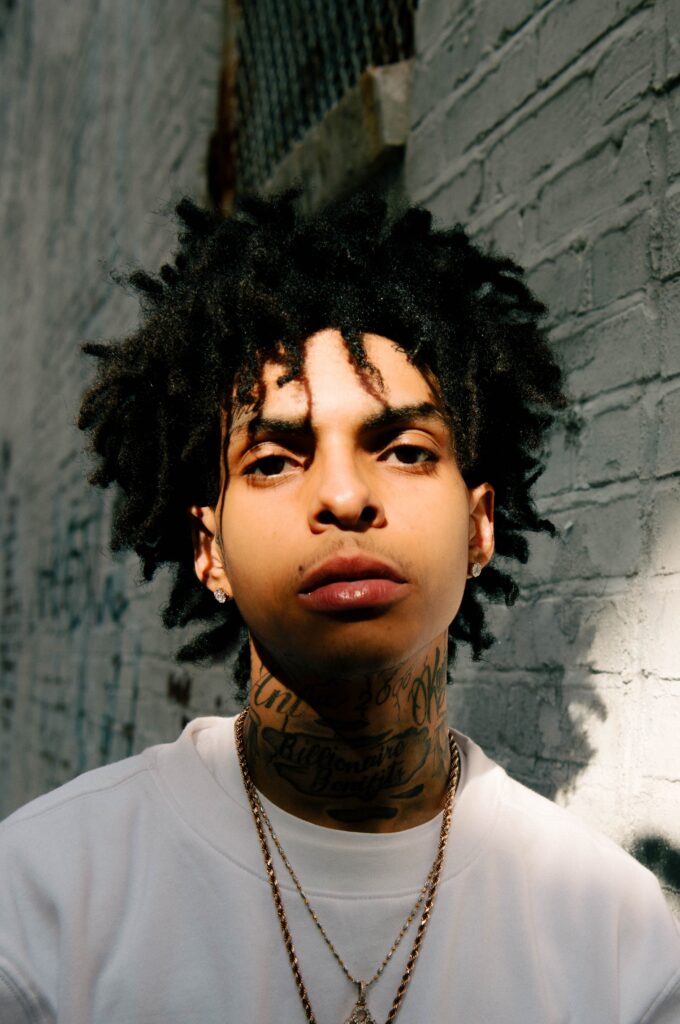
Spirituality is key here. Tony—who’s faced various legal run-ins—has embraced Christianity and speaks openly about his journey. Songs like “I Was Blinded” and “It Gets Better” explore his faith not in a Lecrae-like but in a gritty, street-oriented manner reminiscent of DMX in the ’90s.—Dimas Sanfiorenzo
Lyrical comps: Earl Sweatshirt, MIKE
Born and raised in North Carolina, Mavi is one of those rappers who gives hope to aspiring underground MCs everywhere.
Work hard enough, release new music with purpose and intention, and be able to rap your ass off, and maybe you can find a lane in this industry dominated by streaming metrics and data.
Mavi has built a small empire for himself and his crew thanks to his blend of heady, impressionistic lyrics with an ear for hooks and an ability to infuse some of his more poetic flourishes with memorable one-liners and vulnerable revelations.
Mavi first gained a significant following off the strength of 2019’s Let the Sun Talk, which led to comparisons to artists like Earl Sweatshirt and MIKE, both of whom produced on the LP under aliases.
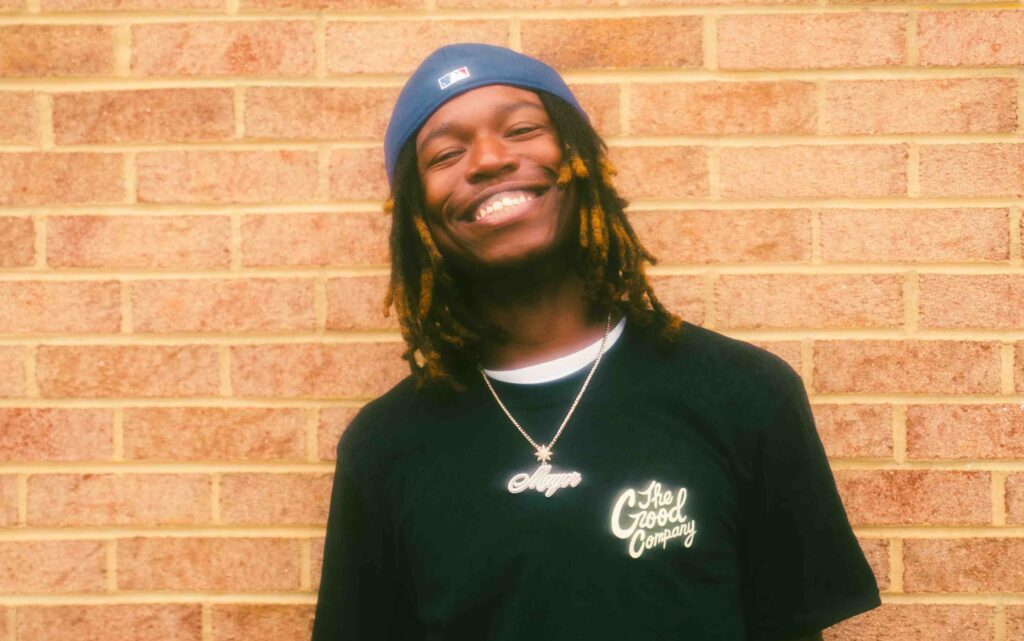
In 2022 he dropped Laughing so Hard, it Hurts, which found him blending his more cerebral lyricism with a relatability for less-verbose rap fans. With 2024’s shadowbox, he landed somewhere in the middle. “drunk prayer” is built around an intoxicating sample but features some of Mavi’s most powerfully abstract musings on what it means to be alive: “Performed surgery on myself with just a cudgel. I’m more certain about my death than my construction.” —Will Schube
Lyrical comps: Remy Ma, G Herbo
During an era where female rappers are doing the heavy lifting when it comes to spitting, Mello Buckzz stands out as a real one.
She’s from the East Side of Chicago, the same neighborhood as G Herbo—widely regarded as one of the best lyricists of his generation. Like him, she brings raw tenacity, but what sets her apart is her knack for sharp, witty bars that cut through. While Herbo draws heavily from soul samples, Mello flips juke records into something menacing, adding a dark element to what is historically party music.
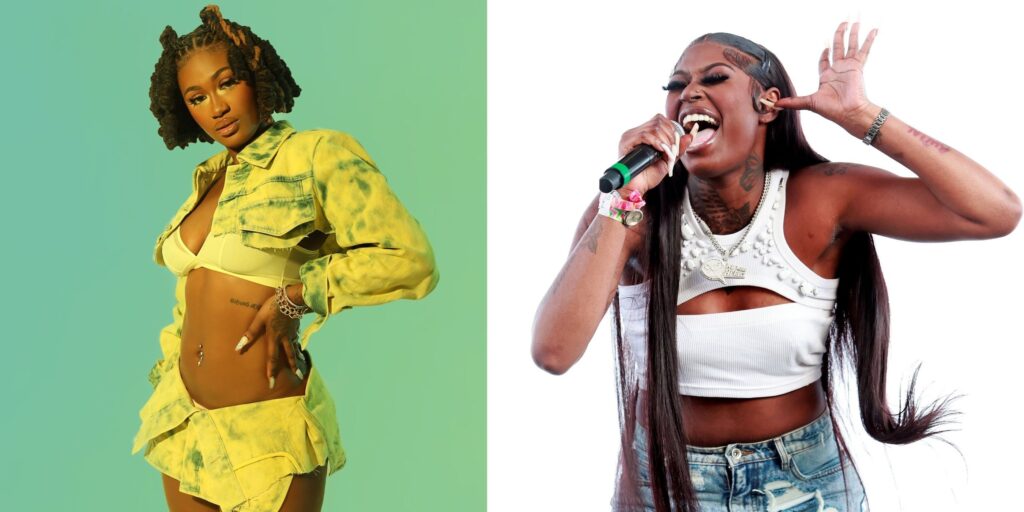
What I love most about her is that she often out-raps her peers—a crucial skill for any great rapper. Just listen to her breakout posse cut “Boom,” where she easily delivers the standout verse. She’s also traded bars with respected lyricists like Monaleo, Vonoff1700, Star Bandz, and even Herbo himself. Most of the time she outshines them; at worst, she finds a way to stand out in her own unique style. —Dimas Sanfiorenzo
Lyrical comps: Veeze, Babyface Ray
Detroit’s street has been bubbling for years. And while, in the past, the city has produced megastars like Eminem and Big Sean, no one from the street-rooted scene has truly broken through on that level. Now, a new class of Detroit rappers is emerging, led by Lelo, who might be the most exciting figure on the rise.
He dropped his debut album—New Detroit—earlier this year, and it’s excellent. His delivery carries the slurry style of Babyface Ray and the off-kilter rhyme schemes of Veeze, but there’s also a sneaky depth to his verses. His rapping is layered, with complexities that stand out the more you sit with them.
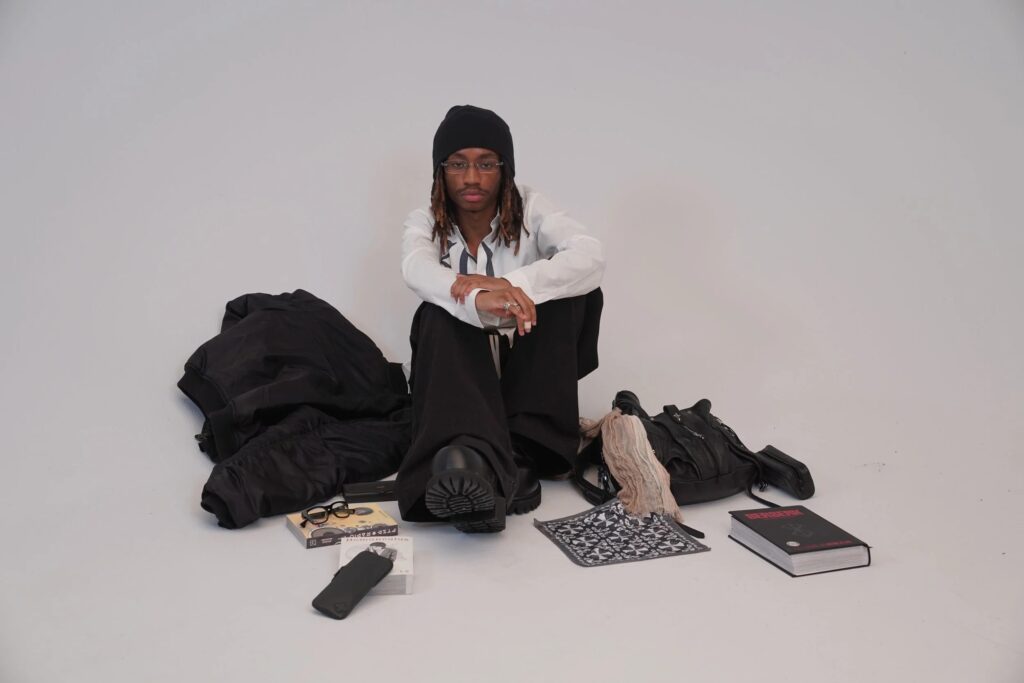
“Groundhogs Day” is like the bizzaro “It Was a Good Day,” making a weary anthem about how repetitive and draining life in the hood can be. On the hook he spits:
“And it feel like Groundhog Day, different morning, same shit /Niggas in the same place, mourning ’bout the same bitch.”
While has “Mourning Money” has candid, acidic tone to it, where he raps:
“OK with the snakes in the grass ’til I found out it can be your own nigga /Found out it can be your own blood, watchin’ who I shake hands with /’Net niggas postin’ like they from the mud with me, tryna fake bandwidth.” —Dimas Sanfiorenzo
Lyrical comps: Rio da Yung OG, Peezy
Can’t talk about Detroit without mentioning its neighboring city, Flint. While Rio Da Yung OG remains the kingpin there, Babyface E has been steadily making a name for himself. He’s been buzzing regionally but is getting more attention for his standout verse on Zeddy Will’s viral hit “Can’t Go Broke.”
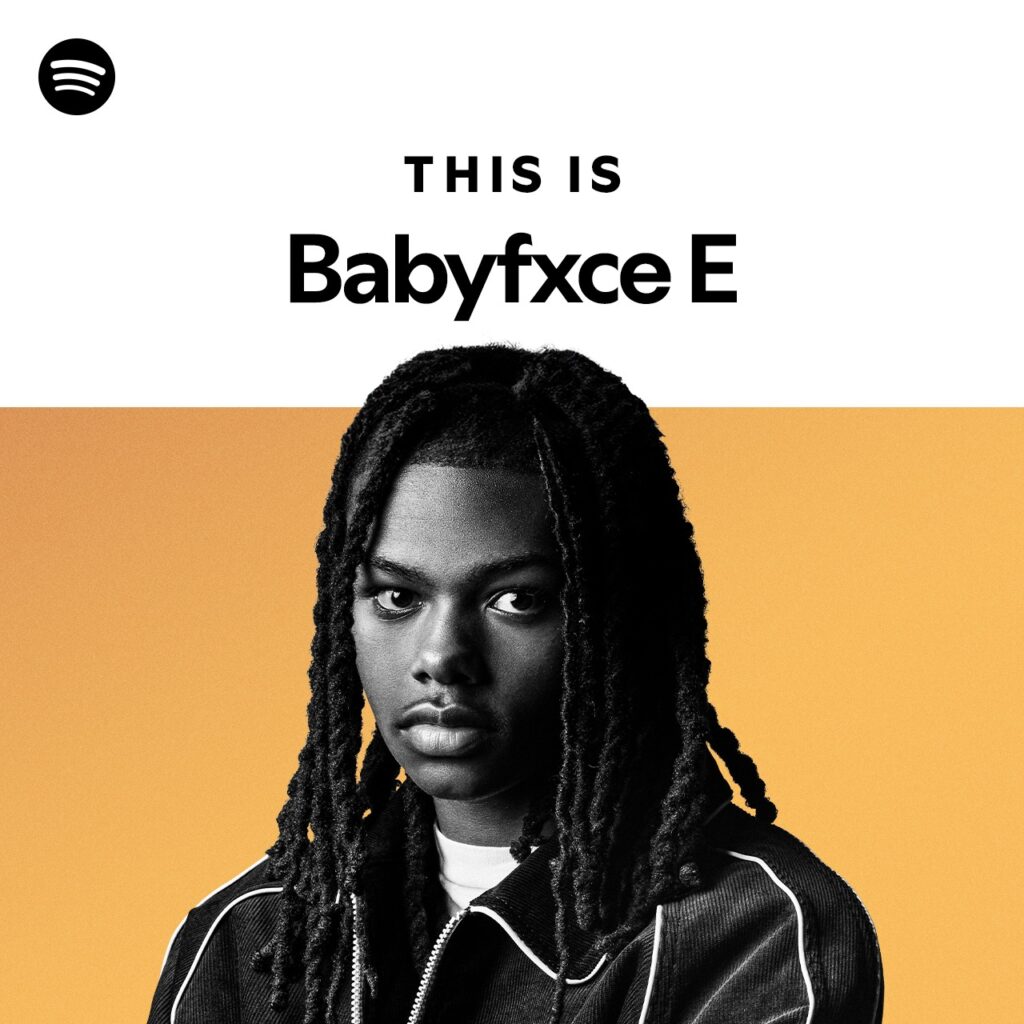
Like the best of Flint rap, Babyface E is a punchline master. (He outshines the hilarious BFD Da Pacman on “Sticky Business,” rapping “He posted his ho and now she gone/We turned his bitch to magic.”)
But he’s more than jokes; he blends Flint’s humor with Detroit’s grittier storytelling. And “County Time,” a song continue that tradition of exploring rapper’s run-ins with the police, prove that. On that song he spits a tight narrative that would make Big L and Ghostface Killah proud. —Dimas Sanfiorenzo
2025 is shaping up to be a landmark year for lyrical hip-hop. These 10 rising rappers aren’t just flexing clever wordplay and tight flows — they’re bringing their own stories, perspectives, and authenticity to the culture. Whether you’re drawn to raw storytelling, intricate rhyme schemes, or fresh new sounds, each of these artists is proving they’ve got the bars to back it up.
But the beauty of hip-hop is its constant evolution — the next great lyricist might already be recording in their bedroom, waiting to break through. As you explore the work of these artists, keep your ears open for the hidden gems still waiting to be discovered.
